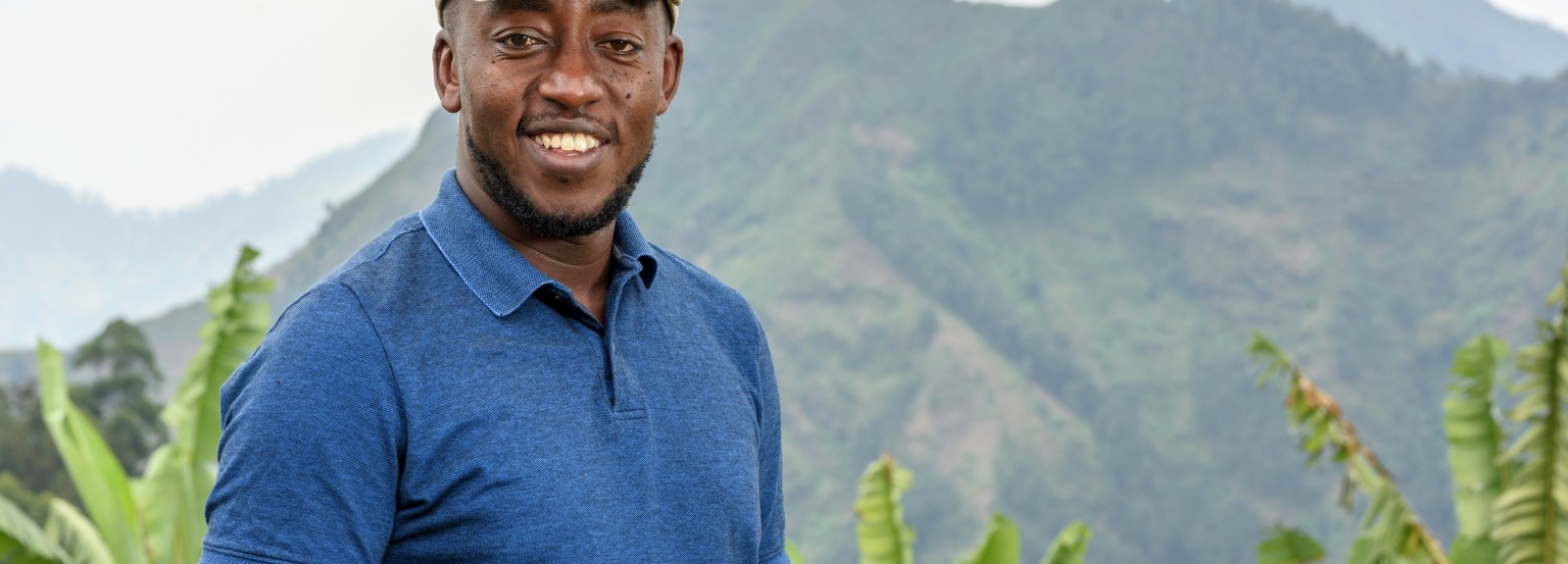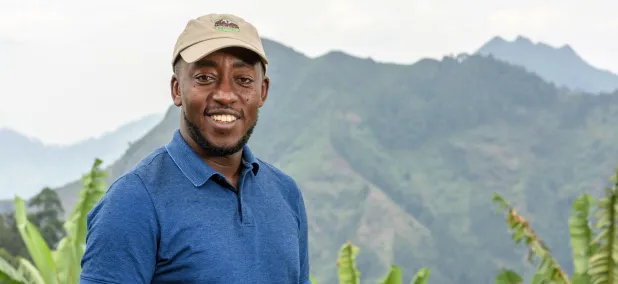Nestled high on the slopes of Uganda’s majestic mountains, Mountain Harvest is more than just a coffee enterprise — it’s a catalyst for change. Partnering closely with local farmers, this mission-driven company produces award-winning Arabica coffee that not only delights your taste buds but also uplifts the lives of farming communities. Guided by the belief that great coffee should be both environmentally sustainable and economically empowering, Mountain Harvest was founded with impact investing funds from Ground Up Investing, the impact investing arm of Corus International. Ground Up Investing supports high-potential, early-stage companies by providing equity investments and technical assistance to help them grow, boost farmers’ incomes, and strengthen local economies. Since its inception in 2017, Mountain Harvest has achieved remarkable milestones: employing over 200 part- and full-time staff, supporting more than 1,200 farmers, and paying an impressive $4.4 million USD to farmers for their coffee — all by the end of 2024.
Discover the challenges and triumphs of the past year at Mountain Harvest through the insights of its CEO, Kenneth Barigye.
Kenneth Barigye, CEO of Mountain Harvest [Photo credit: Jjumba Martin for Mountain Harvest]
Q: What are the big highlights for Mountain Harvest in 2024?
A: Mountain Harvest envisions a future where smallholder coffee farmers in Uganda are empowered. Our work involves promoting excellence in specialty coffee, ensuring fair compensation, and empowering communities. Over the past 6 years we have secured Uganda's place as a premier producer of high-quality specialty coffee, while promoting a sustainable and equitable future for all those involved in the coffee trade. We cannot, however, be convincing enough if our model is only successful in one origin. We know that Uganda has origins with unique practices and cultures and so we are building on our success to expand to these new origins.
Q: Can you tell me about the recent expansion to Rwenzori and Kigezi?
A: As we expand, our first steps are to find local leadership support, find the best place to process on a mountain, and begin to understand the interpersonal relationships needed for the local people to be responsive to our practices — which can vary significantly by community. Remember, our power is very much the fact that we know we must have contextualized and community-driven services — as anywhere we go, we are truly starting from scratch.
Expansion into two new origins will increase the product offering for our buyers, both the volume and diversity of our products, as different origins provide different flavor profiles. It also provides fresh coffee all year round due to the seasonal timelines at different origins. This will also help de-risk our business.
As coffee is a seasonal crop, most of our staff, especially those in coffee processing, quality assessment, logistics and inventory management, were redundant most of the year. Working in different origins increases our efficiency as we move processing staff across origins while prolonging the active period for the inventory and logistics teams.
Q: Even with the expansion, it sounds like 2024 was a challenging year?
A: Low yields and roller coaster prices were major challenges this season. There was a 2-week delay in the onset of rains. Rain plays a crucial role in the coffee flowering and fruiting process, directly impacting the number of coffee berries and the quality of the coffee beans. Mt. Elgon saw about 50% of anticipated yields; while Rwenzori’s December yield was about 30% of what was expected.
There was also a 64% spike in global coffee prices, which led to a significant increase in farm gate prices. Parchment and cherry coffee farm gate prices increased by 31% and 43% respectively. This was good for the farmers in the sense that they still did fairly well this year despite reduced yields.
Q: Rising coffee prices was a challenge globally. As an expert, can you give your thoughts on the state of the market and what trends might continue?
A: The price and volume crisis that occurred around the world further affirmed for those already in relationship-based trade models that this is the only sustainable way to move forward.
Unfortunately, prices continue to climb — and roasters are always slow to respond. They must increase prices and consumers will need to pay more for coffee.
These new prices mean different things for farmers. For the first time ever, coffee C prices went high enough to increase farm gate prices above the cost of production for smallholder farmers. This price hike has made coffee production attractive to the middle class in countries that had significantly relied on smallholder farmers. Thus, as the new farmers of 2025 start producing in 2028, the world will see an increase in volumes, which will bring down the price again to below the cost of production — a continuing challenge for ensuring fair and equitable wages for smallholders in the coffee value chain.
[Photo credit: Jjumba Martin for Mountain Harvest]


